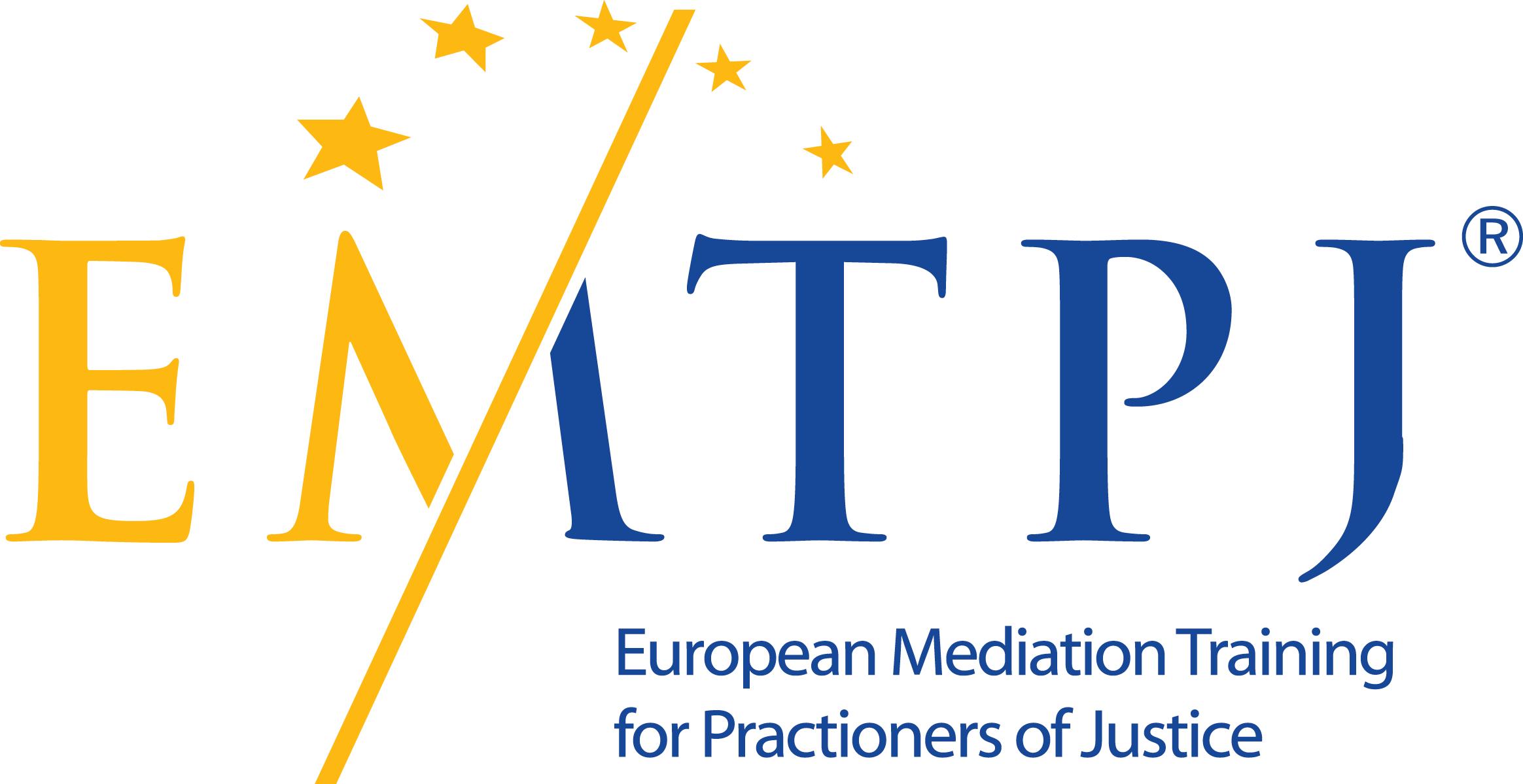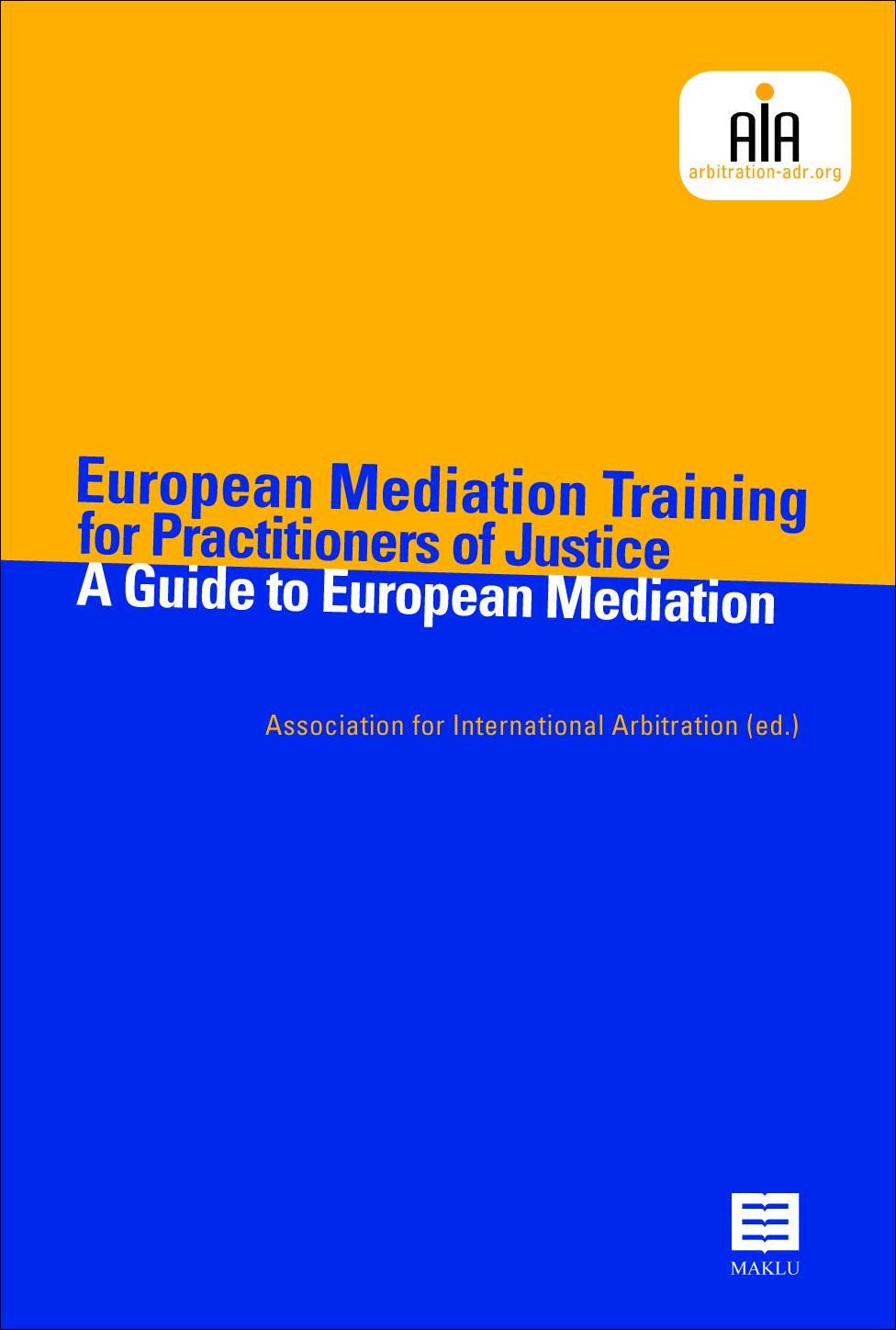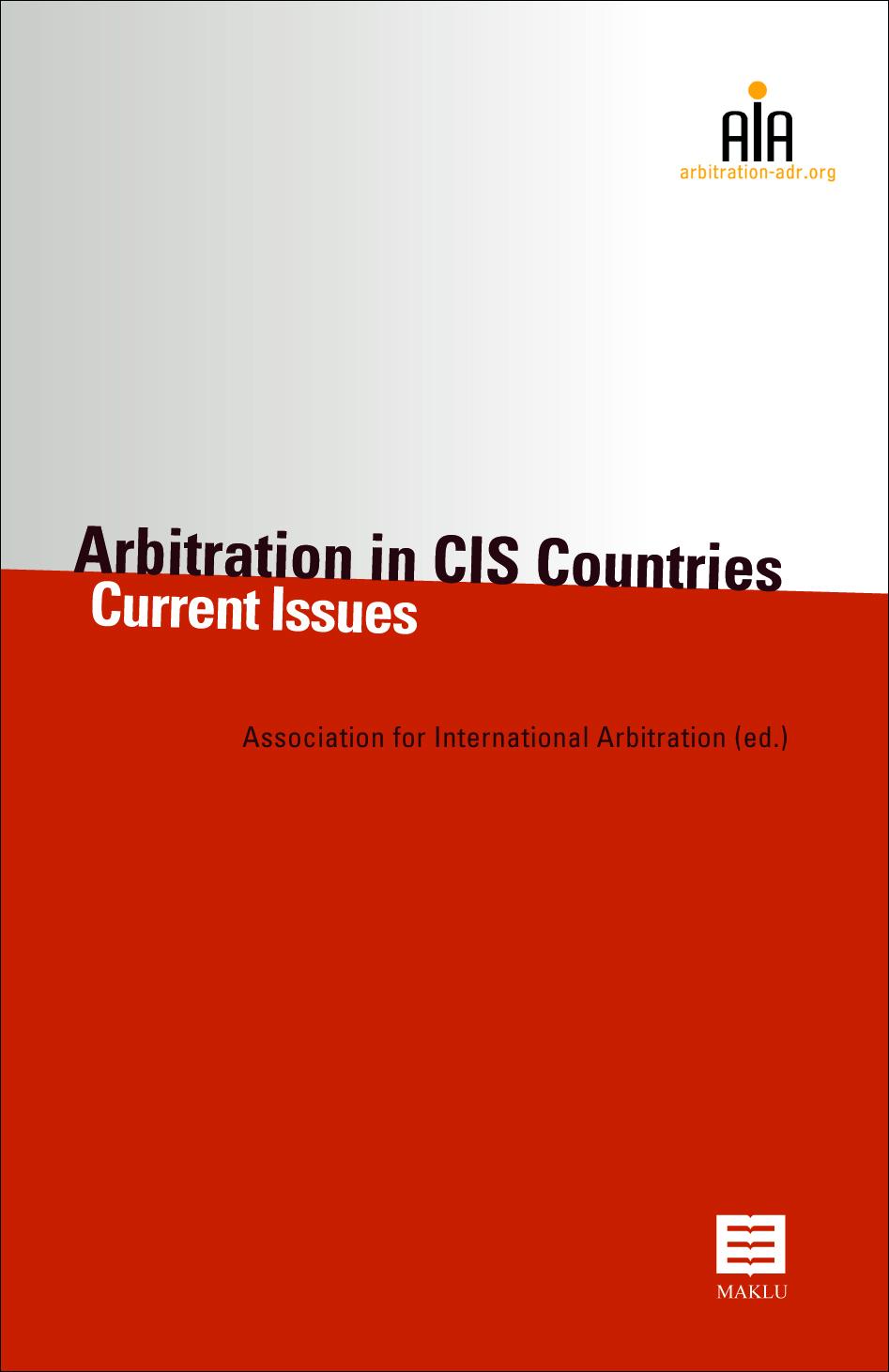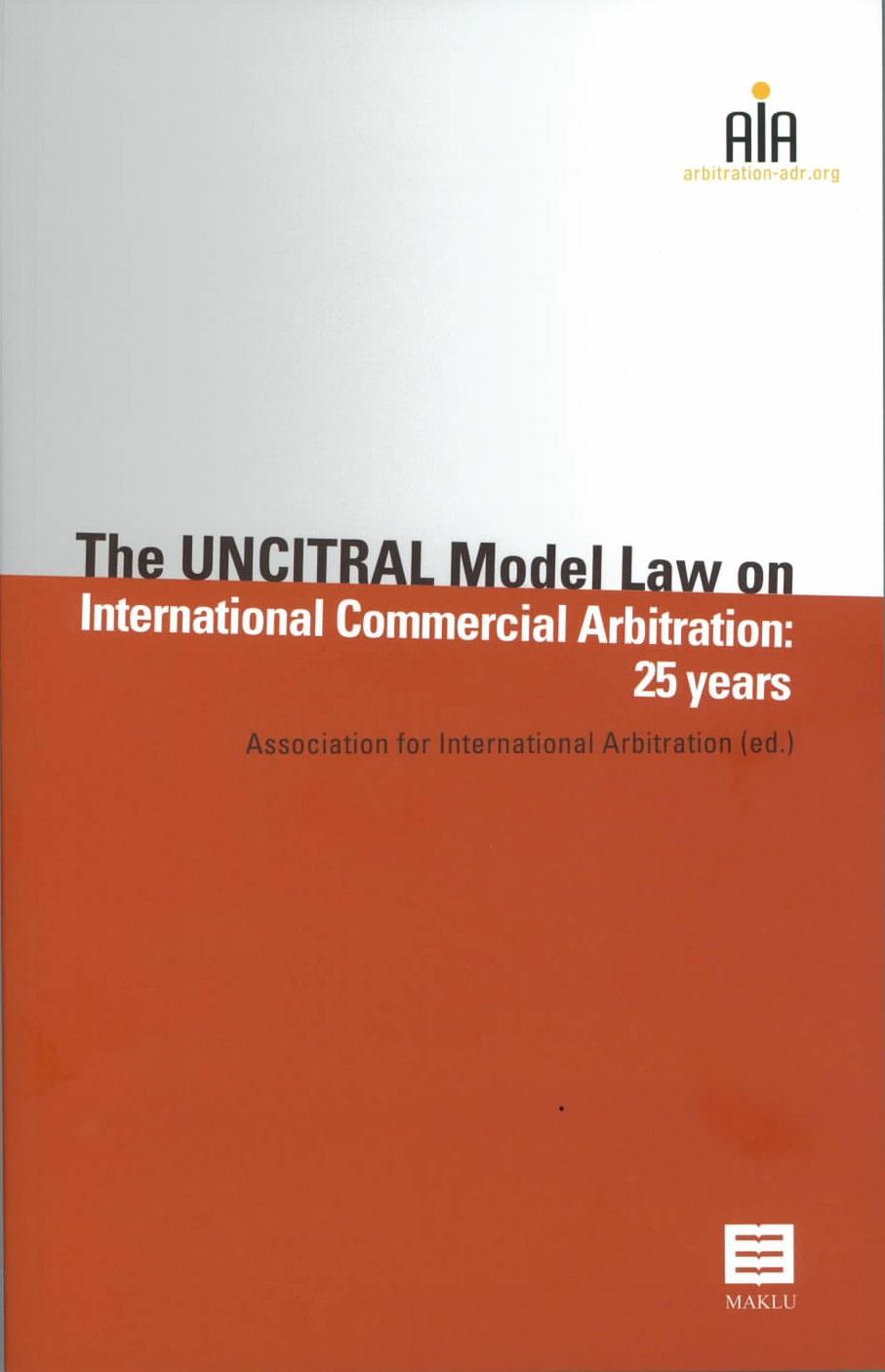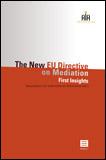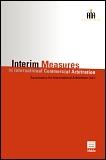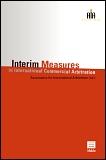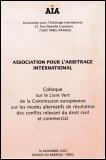IMI Qualifying Assessment Program
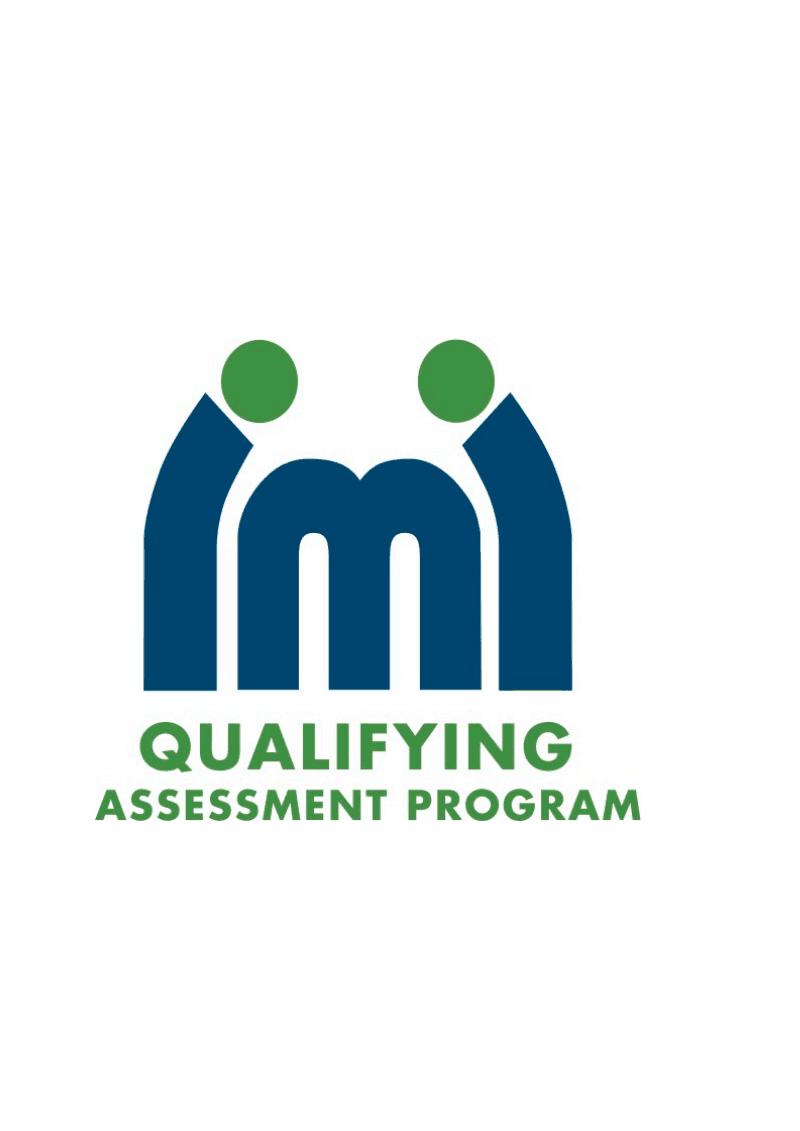
IMI is unique as it is the only organization in the world to cultivate global, professional standards for experienced mediators, advocates and others involved in the field of ADR. In addition, lMI convenes stakeholders, promotes understanding and disseminates skills all in a non-service provider capacity.
Establishing the European Mediation Training for Practitioners of Justice (EMTPJ) represented an important milestone for mediation as it allows participants to apply for accreditation in numerous jurisdictions both within and outside Europe thereby creating truly ‘European Mediators’. The AIA offers the assessment in different languages after agreement between the AIA and the candidate.
Since then, it has become increasingly important for the AIA to obtain IMI approval in order to have an assessment recognized on a global scale that would cater to experienced, competent mediators, with the overall aim of promoting mediation as a profession.
Those who take part in the AIA’s qualifying assessment program and successfully become qualified and then IMI Certified will form part of a worldwide community of experienced mediators who’s Profiles are freely searchable by users through the IMI open search engine.
AIA is now open for registrations; applicants must have 200 hours mediation experience or 20 mediation cases. For details please email us at: IMIQAP@arbitration-adr.org
AIA also supports the Young Mediators Initiative (YMI), which was established under the umbrella of IMI, with the aim of encouraging, connecting and assisting young mediators worldwide.
The Association for International Arbitration (AIA)
IMI QUALIFYING ASSESSMENT PROGRAM
Benchmarks and Criteria

1. Mediator Experience.
The Qualifying Assessment Program (QAP) must include a methodology for ensuring that Applicants have demonstrated to the satisfaction of the Program's Assessors a substantial level of experience as a mediator. The QAP must include clearly identified criteria on this requirement.
Success criteria require candidates to have and sufficiently demonstrate a minimum of 20 mediation cases or 200 hours mediation experience. Each candidate is also required to complete and sign a questionnaire addressing the following categories, without violation of the fundamental principle of mediation confidentiality:
- Total number of hours and cases
- Start date and end date of mediations
- Categories of mediations
- Experience in cross-border mediation
- Whether an agreement was reached
- Whether a Representative was present (union, advocates etc)
- Preferred style of Mediation
Following completion and submission of this questionnaire to AIA, the candidate will be invited for an interview to elaborate and clarify their submission where needed. The interviewer cannot be part of the assessor panel during the ECMA assessment program. The interview may be conducted electronically, e.g. via Skype.
Such elaborations and clarifications may be added as appendix (es) to the submitted questionnaire.
Fundamentally, in order to ensure that a mediator’s experience is full proof, we will require a logbook and a minimum of 10 Feedbacks from the parties in their mediations.
Moreover, to maintain the status of a Certified Mediator under the AIA’s ECMA, a mediator must accumulate a minimum of 18 hours of refreshing courses every two years by a qualified ADR entity and must certify that he/she acted as a mediator every two years in at least 10 mediations. If these requirements are not met, they will lose our certification and be struck off the list of accredited mediators.
2. Mediation Knowledge.
The QAP must include a methodology for determining that Applicants have demonstrated a strong understanding of general mediation theory and practice which may be based on written tests, essays, reports, theses interviews and/or other testing platforms.
The ECMA assessment will ascertain mediation knowledge and practical skills based on a role play. This role play is tailored in such was as to address the particularities of a multicultural cross-border mediation.
Upon written request by IMI to the president of AIA, the proposed role play(s) will be communicated to IMI in advance, following which remarks and suggestions will be taken into account to further tailor the proposed role-play.
The practical assessment will be followed by a questionnaire consisting of 50 multiple choice questions, tailored to fully grasp the applicant’s experience and understanding of the particularities of cross-border mediation.
3. Mediator Skills.
The QAP must include a methodology for the evaluation of candidates' performance in terms of the occurrence and effectiveness of mediation process and mediation techniques, against high competency benchmarks. The Evaluations/Assessments may be based on roleplay or live action assessments, and may include videotaped and online assessments such as web dramas, self-assessments, interviews, peer reviews, user feedback and other in-practice skill evaluations.
The Assessment requires applicants to perform as a mediator in a role play before three assessors. Role plays run for minimum 60 minutes. Each role play is filmed in order to review candidate’s performances if necessary. These will be kept in the AIA archives for review by IMI during the Audit Committee.
IMI delegates may be part of the assessing panel or be present as external observers or auditors.
4. Program Transparency.
The benchmarks and criteria applied by the QAP must be published and be openly accessible on the organization's website. Details of all approved programs will be listed on the IMI web portal www.IMImediation.org and will include a direct link to the credentialing organizations' websites.
All the assessment criteria will be published on the AIA and EMTPJ websites: www.arbitration-adr.org and www.emtpj.eu.
Interested candidates may contact the AIA secretariat for information regarding the assessment.
IMI delegates may be present throughout any stage of the assessment.
5. Program Integrity.
Each Assessor must have substantial experience of assessing the performance of mediators. At least one of the Assessors on each Program must be independent of the QAP.
All members of our faculty are practicing mediators and have endorsed the AIA and EMTPJ principles as seen on the website.
In addition, we strive to select assessors from amongst those who hold IMI certification or who have already conducted assessment tasks in IMI certified QAPs.
Upon prior written request from IMI to the AIA’s President, the proposed panel of assessors will be communicated to IMI and IMI can suggest additional assessors or replacements.
Participants can only be assessed by assessors from whom they are fully independent.
6. Ongoing monitoring of Programs.
The QAP must include a process for the ongoing monitoring of the performance and practice of the Assessors. IMI will liaise closely with all recognised program organizers to maintain a sustainable quality control system.
a) The Assessors and the Assessment Program
The Assessors will be monitored by the AIA president and his team under the guidance and approval of IMI at all times.
We will strive to select assessors from amongst those who already hold IMI certification or who have already conducted assessment tasks in IMI certified QAPs. In such way, assuming that IMI would only list those mediators they trust, we assume that the assessors are trusted for their competences and professionalism by IMI.
Upon prior written request from IMI to the President of the AIA, the proposed panel of assessors will be comunicated to IMI and IMI can make suggestions that will be taken into account by the AIA.
The AIA will address feedback from participants, keep records of this, evaluate the assessors and ensure proper communication between the members of a given assessment panel.The assessment process will ensure that mediators are assessed by three assessors at all times to establish fair scoring , proper discussion and thorough comparison between the view of each assessor.
b) Participants will be monitored by the faculty
Additionally, participants will be required to complete a self-assessment to illustrate what they have learned through the ECMA assessment program into a learning log.
Ultimately, in order to maintain the status of a Certified Mediator following the assessment, a mediator must accumulate a minimum of 18 hours of refreshing courses every two years, and must certify that he/she acted as a mediator every two years in at least 10 mediations by a qualified ADR entity or they will lose our certification and be struck of the accredited mediators list.
AIA will strive to offer continuous training (e.g. though its EMTPJ program or at least through an annually variable part of its EMTPJ program) to successful and unsuccessful participants of the ECMA assessment program.
7. Commitment to Diversity.
The QAP must be accessible on an equal basis to experienced mediators regardless of their professional affiliations, gender, race, ethnicity, age, religion, sexual orientation or other personal characterization.
The assessment is open to all, provided that they fulfill entrance conditions as set out above, regardless of their professional affiliations, gender, race, ethnicity, age, religion, sexual orientation, ideas, or other personal characterization.
Additionally we also offer QAP in different languages, this includes English, French, Dutch and eventually other languages after reaching agreement between the applicant and AIA.
General Information.
Full legal name: The Association for International Arbitration IVZW. Year organization formed and laws of the country: International association created in 2001 under the Belgian 1921 Association Act.
Address of organization’s primary office:
Association for International Arbitration IVZW
Avenue Louise 146
B-1050 Brussels
Belgium
Details of contact person:
Mr Philippe Billiet, collaborator to AIA, Lawyer, Arbitrator, Mediator, ADR trainer and lecturer and lawyer at the Belgian law firm Billiet & Co.
Avenue Louise 146
B-1050 Brussels
Belgium
tel.: +32 2 643 33 01
fax: +32 2 646 24 31


